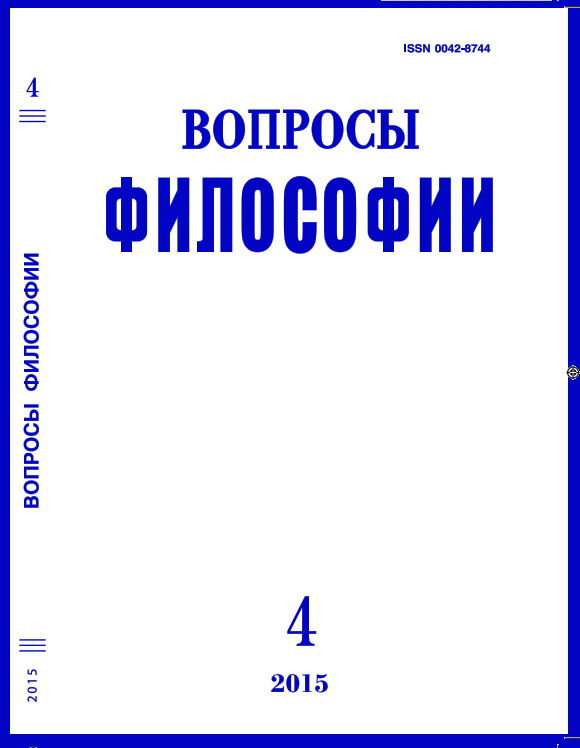Интуиция и квантовый подход к теории сознания
Keywords:
quantum theory of consciousness, intuition, Everett’s interpretation of quantum mechanics, the unconsciousness.Abstract
One of the most surprising aspects of consciousness is the human ability for intuitive
insights that is guesswork, for which there is no ground in the available information. This ability
is diffi cult to explain within the framework of the usual scientifi c approach, and the increasingly
common view is that its explanation must involve quantum mechanics. Work in this direction
was initiated by the collaboration of Pauli and Jung in the fi rst third of the 20th century, but
has only recently become systematic. The majority of those who develop this theme appeal
to quantum processes that occurs in some structures of the brain. These include the wellknown
mathematician Roger Penrose who apparently promoted the theme ”quantum theory of
consciousness” more than anyone else. The author of this article suggested a different approach.
This approach is based on the analysis of the logical structure of quantum mechanics in Everett’s
interpretation. On this basis, consciousness is introduced not as a function of the brain, but as an
independent phenomenon, in the framework of psycho-physical parallelism. This allows one to
effectively consider not only consciousness but also the role of the unconscious, which is known
to be extremely important. This enables explanation of the phenomenon of ”super-intuition”,
that consists of insights (including scientifi c insights), which certainly cannot arise as a result of
rational reasoning, and appear as a kind of ”direct vision of the truth”.

